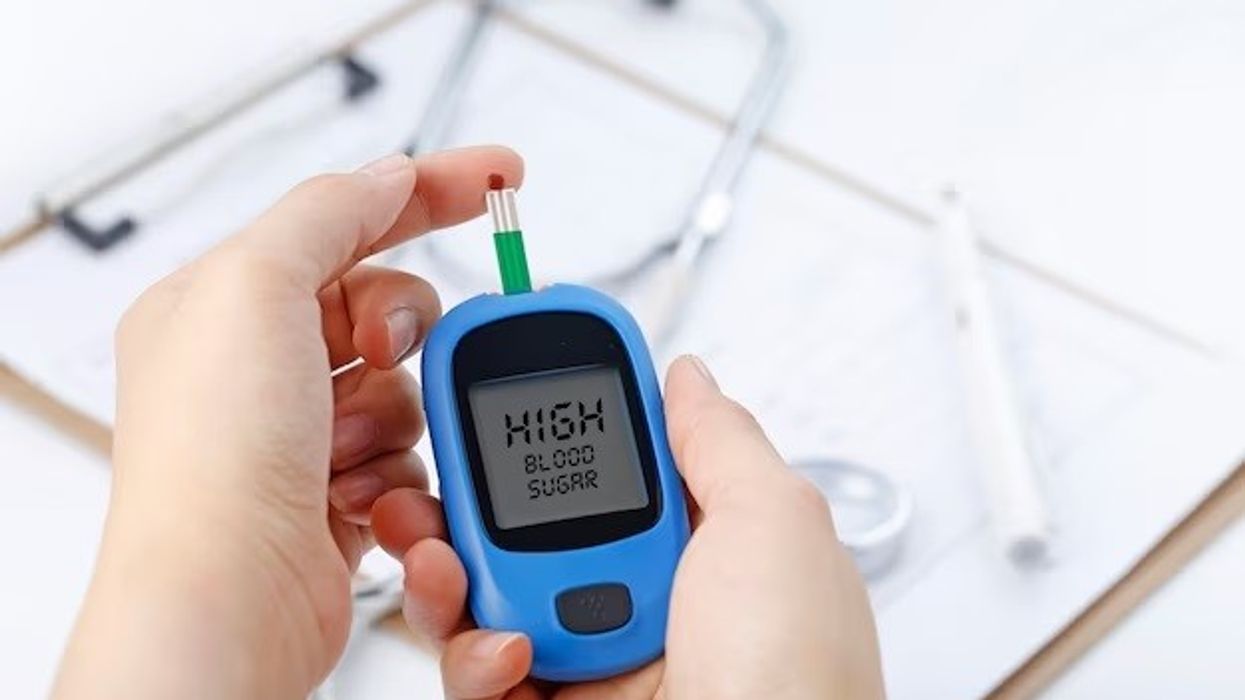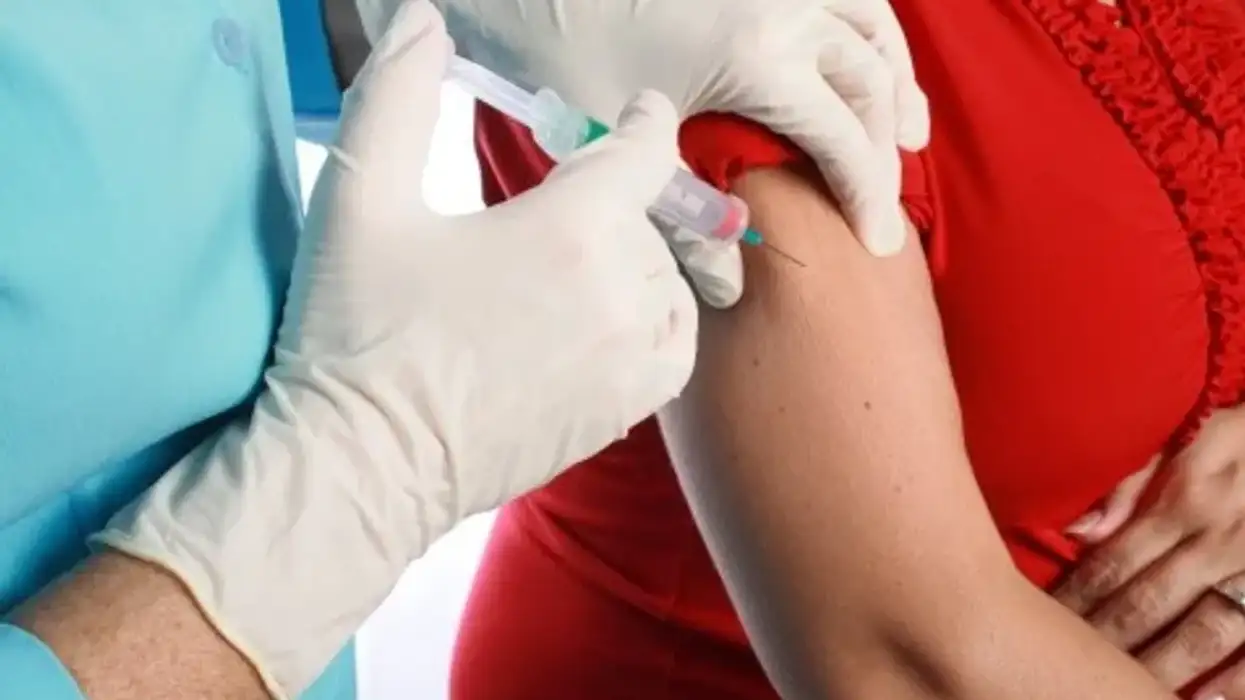Patients who had been referred to the programme were less likely to have type 2 diabetes
The NHS Diabetes Prevention Programme, which was introduced in England in 2016, is helping hundreds of thousands of people to lead healthier lives.
People with pre-diabetes are being identified and offered a nine-month behaviour change programme that supports healthier diet and exercise choices to reduce their risk of developing diabetes.
A study funded by the National Institute for Health and Care Research (NIHR) has found a significant reduction in diabetes risk among patients who had been referred to the NHS programme.
Three years after their referral, the participants were 20 per cent less likely to have type 2 diabetes than a similar person who was not included in the programme, the evaluation revealed.
Known as the Diabetes Prevention - Long Term Multimethod Assessment (DIPLOMA) research programme, the study was led by researchers from The University of Manchester, in collaboration with The University of Sheffield, University College London and patient contributors, and supported by the NIHR Clinical Research Network.
The findings supported the decision to continue the diabetes prevention programme, increase the number of places and promote the online version.
DIPLOMA’s lead researcher, Matt Sutton said: “While half of the people referred to the programme eventually joined it, we made recommendations to improve uptake among particular groups, such as those of working age, younger adults and minority ethnic groups, and we highlighted the need to ensure the programme content stayed true to the evidence base”.
The study received £2.75 million funding from the NIHR Health and Social Care Delivery Research Programme.
According to the NHIR, more than two million people have been diagnosed with pre-diabetes in England. These people have high blood sugar levels and are more likely to develop type 2 diabetes in the future.
Making positive changes to lifestyle choices can help these patients reduce the risk of developing type 2 diabetes and prevent complications, such as heart disease, kidney problems and nerve damage, it added.













